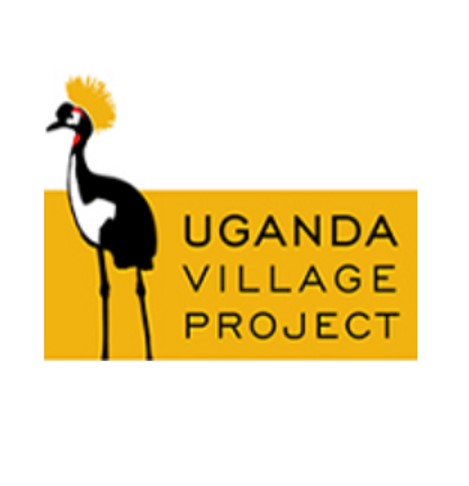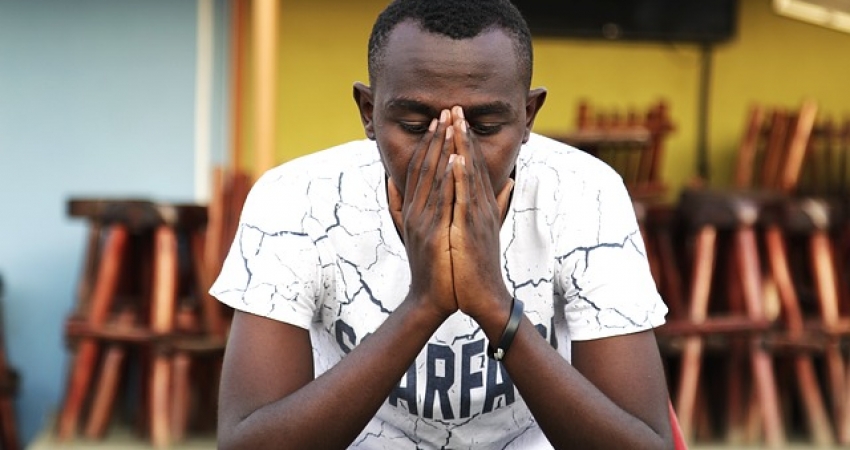HIV/AIDS Volunteer in Uganda
Highlights
- Educate the local communities about HIV/AIDS
- Provide counseling to patients and families affected by HIV/AIDS
- Make a meaningful contribution in the lives of people in Uganda
Overview
Although gains have been realized in the last decade, HIV prevalence is still higher in Uganda than in most of the world. The majority of the HIV burden falls on adolescent girls and young women in marginalized populations like those found in Iganga District. Stigma and fear are still prevalent and the cost of traveling to a health center are all barriers for Ugandans learning their HIV status and taking active steps to preventing new infections.
Implemented Activities:
HIV Outreaches
These large events bring testing and counseling for HIV directly to communities to address key barriers such as transportation costs. Having testing done in the open while respecting community members’ privacy helps to battle stigma and fear. And the entertaining drama group is a fun way to talk about a serious topic and educate a community at the same time. A typical health center reaches less than 50 people with testing when they hold individual events, but with the amplification from UVP, together we reach up to 800 people with testing and counseling!
HIV Sensitizations:
Sensitizations are conducted in small groups or house-to-house, educating community members on transmission, symptoms, and treatment of HIV/AIDS and other STIs (sexually transmitted infections) and answering questions. Village Health Teams also continue to sensitize the community about HIV/AIDS and connect individuals who wish to get tested or to obtain ARVs to the nearest places to do so.
Moonlight Events:
As the newest addition to HIV program activities, moonlight events bring HIV testing and counseling to community members who cannot attend our typical HIV outreaches due to work demands. These events get their name because they are conducted in the evening under the light of the moon and held at trading centers to target a population at higher risk for contracting HIV. In addition to testing and counseling, participants are educated on other basic information about HIV and STIs.


